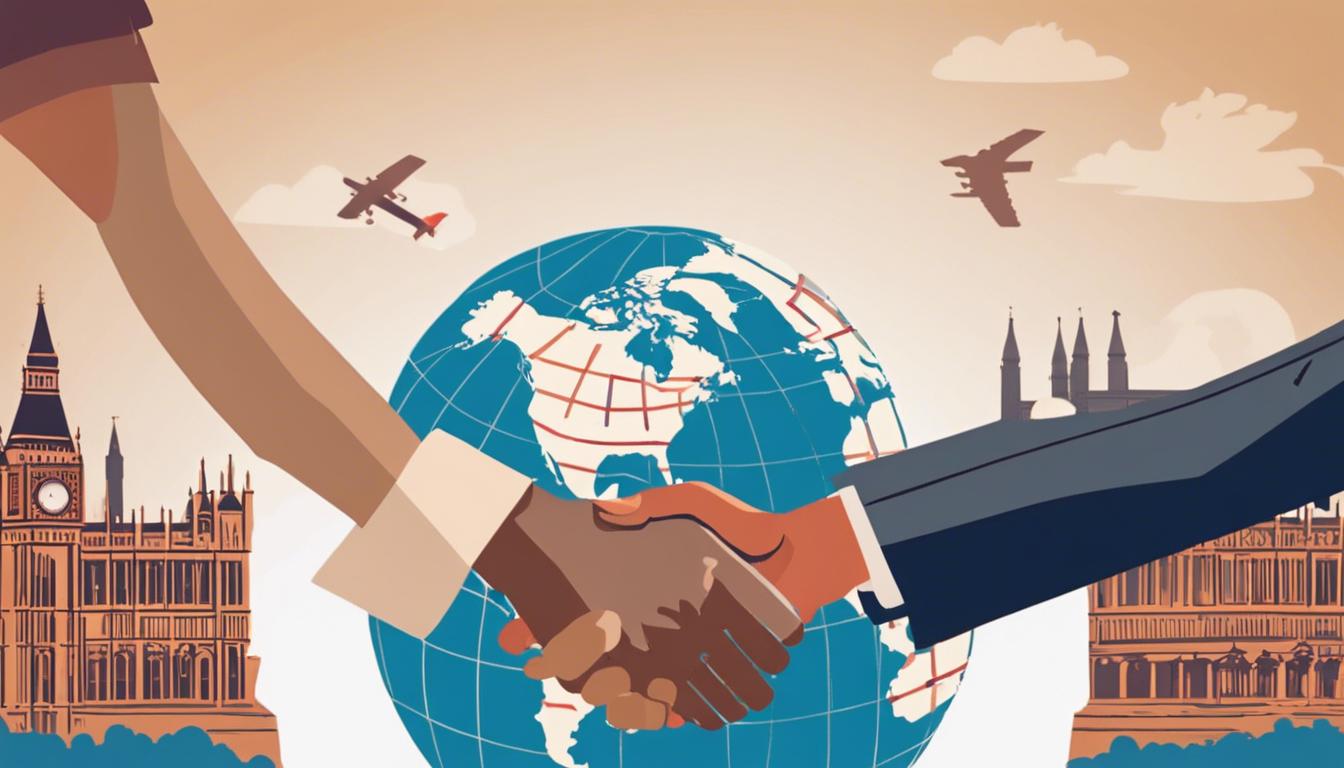Amidst ongoing negotiations in Delhi, the UK and India anticipate a substantial trade agreement aiming to boost the £36 billion relationship, a strategic move post-Brexit, alongside India’s notable agreement with Efta and domestic controversies.
In a significant move towards strengthening bilateral ties post-Brexit, UK Prime Minister Rishi Sunak and his Indian counterpart, Narendra Modi, have made progress in discussions aimed at securing a trade deal between the two nations. The potential agreement, deemed crucial by both parties, focuses on boosting the already substantial £36 billion trade relationship, with the aim of benefiting sectors such as whisky, cars, manufactured goods, services, and facilitating work visas. As negotiations enter their 14th round in Delhi, UK officials, including Minister Kemi Badenoch, express optimism about reaching a mutually advantageous deal, despite challenges and no fixed deadline influenced by the upcoming Indian elections.
Simultaneously, India has recently signed a significant $100 billion deal with the European Free Trade Association (Efta), comprising Norway, Switzerland, Iceland, and Liechtenstein, promising economic growth and over a million new jobs. This agreement, expected to enhance trade and investment across various sectors, notably pharmaceuticals and luxury goods, marks a strategic shift towards strengthening India’s global economic ties.
However, India’s internal policies and regional diplomacy continue to spark controversy and debate. The implementation of the Citizenship Amendment Act, which critics argue undermines the country’s secular principles by excluding Muslims from a fast-track naturalization process, has led to protests and international criticism. Moreover, rising tensions with China over the disputed region of Arunachal Pradesh, following Modi’s recent visit and the inauguration of the Sela Tunnel, highlight ongoing geopolitical challenges in the area.
These developments underscore the complexity of India’s domestic and international endeavors as it seeks to navigate its path on the global stage, engaging in impactful trade agreements while addressing internal and regional disputes.
